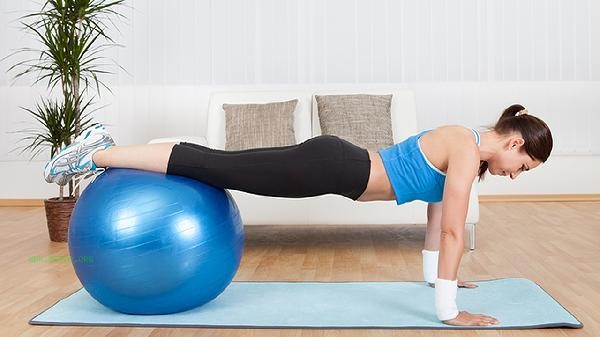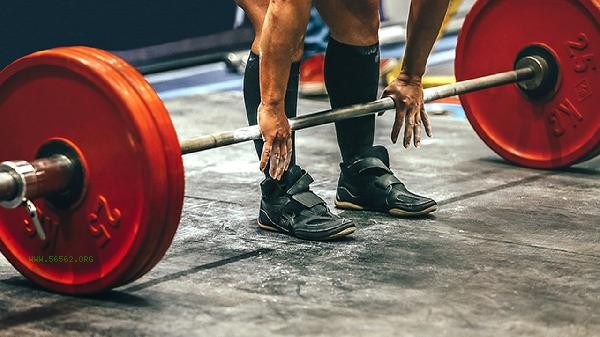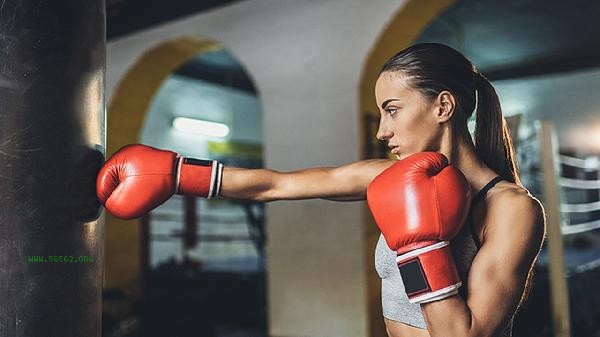It is better to drink moderate amounts of water during exercise, as excessive or insufficient amounts may affect athletic performance. Water supplementation during exercise should be adjusted according to exercise intensity, environmental temperature, and individual differences. During exercise, the body regulates body temperature through sweating, and the rate of water loss increases. High intensity training or high temperature environments may result in a significant loss of bodily fluids per hour, and it is necessary to increase hydration levels to prevent dehydration. Dehydration can cause muscle spasms, dizziness, and fatigue, and in severe cases, may lead to heat stroke. It is recommended to replenish a small amount of water every 15-20 minutes to keep the mouth moist and avoid excessive drinking at once, which increases the burden on the gastrointestinal tract. Sports drinks can supplement electrolytes, but plain water is more suitable for the general fitness population.

Some people tend to reduce their water intake during exercise, believing that it can accelerate weight loss. This approach may cause an increase in blood viscosity, an increase in cardiac load, and a decrease in fat metabolism efficiency. The temporary weight loss after exercise is mainly due to water loss, and the weight will rise the next day after returning to normal drinking water. Special groups such as patients with diabetes and cardiovascular diseases need to pay more attention to avoiding dehydration. Weight difference method can be used to estimate the amount of water supplement before and after exercise, and about 1.5 liters of water should be added for each kilogram of weight loss.

Before and after exercising, the color of urine can be observed to determine the moisture status, with light yellow being the ideal state. 500 milliliters of water can be replenished 2 hours before exercise, and the principle of small amounts and multiple times should be adopted during exercise. After exercise, sodium containing foods should be supplemented to help absorb water. Long term exercise enthusiasts can record their sweat levels in different exercise scenarios, establish personalized hydration plans, and pay attention to balancing dietary fiber and mineral intake to maintain water and electrolyte balance.








Comments (0)
Leave a Comment
No comments yet
Be the first to share your thoughts!